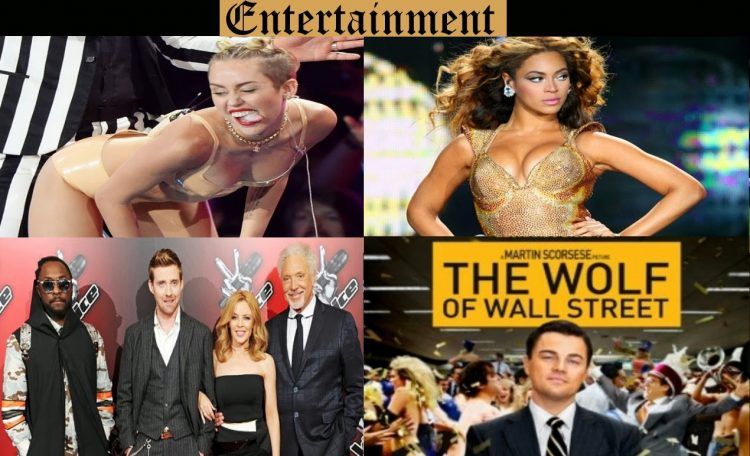Written by Annette Le Couteur
THE DISTURBING TREND for people of colour to acquire white skin is already a big phenomenon around the world and with celebrities such as Vybz Kartel openly bleaching their skin and more recently Nigerian pop star Dencia publicly endorsing her own brand of skin whitening cream, the problem is worsening.
Researchers indicate that 77% of Nigerian women bleach their skin so the fact that Dencia’s controversial skin lightening product sold out in just one day comes as no surprise in the light of such shocking statistics. Public endorsement of her very own brand of skin bleaching lotion “Whitenicious” has sparked a widespread backlash of criticism and a frenzied internet storm with many left bewildered by the stars transformation from ebony beauty to fair skinned maiden. Many have labelled her irresponsible for encouraging self hatred and a bad role model for black women according to reports.
Social media users have taken to twitter to criticise Dencia’s product in order to vent their anger. SOFIRE (@SofiJamz_) tweeted:
this whitenicious cream of yours is an abomination and creating more insecurities among women all over the world.
Dencia (@IamDencia) sarcastically responded to the angry backlash over her product by tweeting:
Whitenicious has made me realize their really is a scarcity of jobs in America. How can you rant about the same s*** for a week.
I contacted Dencia personally to hear her side of the story.
Ironically, she failed to acknowledge the obvious emotional and physically damaging side effects associated with skin bleaching products, inspite of the widespread denunciation of it by her fans.
More importantly however, the products controversial nature has ignited the wider ongoing debate about why darker skinned women desire to bleach their skin.
To explore the societal and cultural factors that contribute to women of colour trying to emulate their fairer skinned sisters, also gets closer to the root of the problem.
First and foremost, one cannot deny the light skinned bias present within beauty and media industries. Certainly, the influence of western media cannot be ignored as a contributing factor, as well as the historical background of European ideological influence . For example, many scholars have highlighted the colonisation of India and Nigeria as the driving force behind the fair skinned ideal we see today. In Asia, media consumption and western Hollywood imagery seems to be the culprit.
In reality however, a combination of media and historical influence are both significant contributing factors to the problem of self loathing and hatred present within many black women’s psyche today. Inevitably, in many parts of the world, whiteness equates success and privilege whereas blackness denotes failure and a lower status. Therefore, one could argue that it is the game and not the player that should be blamed- in other words black women are victims of a bias society that favours their lighter skinned counterparts and pedestals whiteness as the epitome of beauty.
The Barbie doll depicts this model of light skinned beauty and has become a powerful symbol of idealised feminine beauty world over. She entered the U.S toy market in 1959 and has successfully transcended cultural and social boundaries to become the toy of favour for little girls of all races. One only has to compare Dencia’s promotional poster for “Whitenicious” to see her influence. From the blonde hair, coloured contacts, fair complexion and trademark pink clothing, Dencia is nothing more than the human embodiment of Barbie.
Could it be possible that Dencia is just another victim of racist conditioning, or is ittime black women start taking responsibility for their own destiny? When models  and public figures publicly engage in behaviours that are detrimental to the well being of those who look up to them, there is an element of irrisponsibility at play, as fans naturally imitate their idols and view them as the ideal to follow . Perhaps the resurgence of the “ black is beautiful” rhetoric needs to make a long awaited come back within media industries, whereby the black community can once again start embracing themselves for who they are and not what the mainstream media’s beauty bias expects them to conform to.
and public figures publicly engage in behaviours that are detrimental to the well being of those who look up to them, there is an element of irrisponsibility at play, as fans naturally imitate their idols and view them as the ideal to follow . Perhaps the resurgence of the “ black is beautiful” rhetoric needs to make a long awaited come back within media industries, whereby the black community can once again start embracing themselves for who they are and not what the mainstream media’s beauty bias expects them to conform to.






